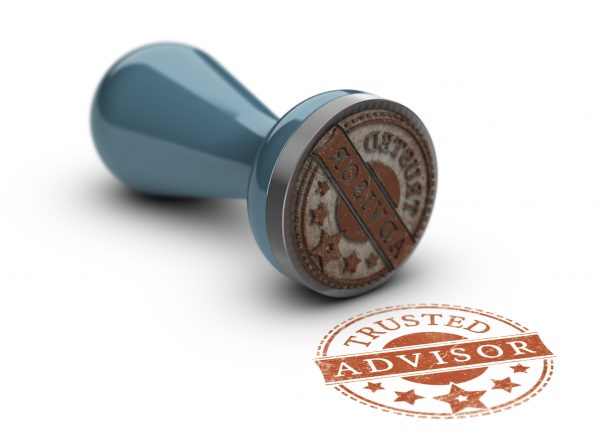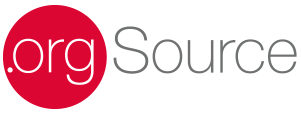Consultants Can Lighten the Burden of Leadership—How to Get the Advice You Need

Lately, we’ve all been doing a complicated juggling act; and, just when you think you’ve nailed the rhythm, another ball gets tossed into the mix.
Managing a remote workforce, making tough financial decisions, planning a virtual conference, budgeting for the unpredictable, and finally, strategizing how to get your team safely back to the office are just a few of the challenges. It’s a lot to handle, especially when there isn’t a clear end in sight. The good news is help is available.
People think of consultants as guides for long-term projects. But we are also white knights. A consultant can provide just-in-time rescue from a difficult situation or help you bridge unforeseen operational and administrative gaps. Consultants are a resource for on-demand expert advice. If you are wondering whether to upgrade software or how to keep members engaged, assistance is a click away. Facilitating these types of decisions is our daily bread. Consultants can relieve stress and lighten the burden of leadership by:
- Providing a fresh perspective on your projects and activities
- Supporting outsourcing and alternate staffing
- Bringing years of experience to the task at hand
- Being an objective observer and neutral voice
- Providing the data and analytics needed to speak truth to power
- Instilling confidence in risk-averse participants
- Sharing knowledge of the latest best practices, tools, and technologies
- And, last but not least, being a sympathetic sounding-board
Should you decide to engage a consultant for short-term advice or help with a large-scale initiative, these are steps you can take to ensure that your investment of time and dollars will be worthwhile.
Be Prepared

Once you’ve decided to seek consulting support, put the pieces in place for a successful venture. Here’s a readiness checklist:
- Ensure that you have the staffing and budget to conduct a successful search. If you are seeking short-term guidance, you may need to abbreviate the hiring process. That doesn’t mean throwing caution to the wind. Assess and document your requirements. Use your network as a tool for vetting. Collect recommendations from colleagues. Then, set aside adequate time to review credentials and interview applicants.
- Secure stakeholder agreements on the importance of the project and the need for expert guidance from outside the organization.
- Clearly define goals and communicate them to all participants.
- Coach the team on how to work with consultants.
- Brief point people on the scope and their responsibilities.
Know Your Endgame
Whether you’ve written a request for proposal or are using a more informal approach to identify candidates, all stakeholders should agree on the vision for a successful outcome. Your consultant will help you develop the objectives along the way, but a clear destination makes the process easier.
There are situations, especially during a crisis, when the desired results may not be clear. It’s important to be honest about where you need additional information and to be transparent about your uncertainty. A consultant can help you to explore the issues and find answers. For example, I’m frequently asked to help clients upgrade their software only to discover that the platforms they have are top-of-the-line. In this case, the goal needs to shift from purchasing better software to training and motivating the team to use their LMS or AMS effectively. Keep an open mind about the changes that may be required.
Make a Connection
Don’t neglect chemistry. A good fit can be the deciding factor in whether your relationship with a consultant moves forward quickly or stalls at the starting gate. Choose someone with whom you can speak candidly about your project and your association. A doctor can’t prescribe the right medication when the patient hides critical symptoms. So, share the good, but don’t hesitate to explain the bad and the ugly. The right solution may be something you have not considered. That’s why you are asking an expert who can analyze the issue from a global perspective.
A consultant’s familiarity and comfort with your culture is as important as his or her personality. Someone who has worked consistently with Fortune 500 companies is probably not going to hit the ground running with a smaller association. There will be a learning curve. Hiring a consultant who has experience working within your staffing and budgetary resources can help to jump-start your project.
Ask yourself whether this candidate has the charisma and credibility to capture your board and your staff’s attention. Do they mirror what your group values in terms of attitude, professionalism, and execution? Introduce them to key players to affirm that the feedback matches or complements your impressions. If there are significant objections, be prepared to pivot.
Ask questions like these to assess whether a consultant is right for your culture:
- What do you know about our association, our industry, and our competitors?
- How do you manage conflicting personalities, opinions, and priorities to create buy-in? Give examples of your success in this area?
- What unique attribute can you bring to this job that we could not find elsewhere?
- What is most rewarding about working with clients like us?
- What do you value most about your role as a consultant and how will that contribute to our success?
Grow Trust

Trust is the source of a solid partnership. It keeps the communication flowing. Make sure you are comfortable with the sales presentation the consultant uses to win your business. Don’t be cowed by scare tactics (If you don’t hire us, you’re doomed. We’re the only ones who can help.) or enticed by a low-ball bid. Consultants should be eager for your business, not desperate to find a client. Look for straightforward, honest answers to your questions.
Consultants want to be on the team, but not under your thumb. You won’t be using your time or your budget wisely if you try to supervise their work. Provide them with the resources and environment they need to do their job and let them run with it. (Remember this is someone you trust.) Consultants want to work with you like a partner. If you treat them that way, you will get the benefit of their best advice—and that’s the point, right?
Enjoy the Spotlight
A project that launches to cake, high-fives, and kudos is the result both you and your consultant hope to achieve. For consultants, success may mean additional business or referrals and the satisfaction of a job well done. For your association, it’s a moment to enjoy the spotlight on your accomplishments. In the best of all possible worlds you learned lessons that will support continued growth and relevance, and the next time you need expert advice, you’ll know that someone you trust is waiting to help.
